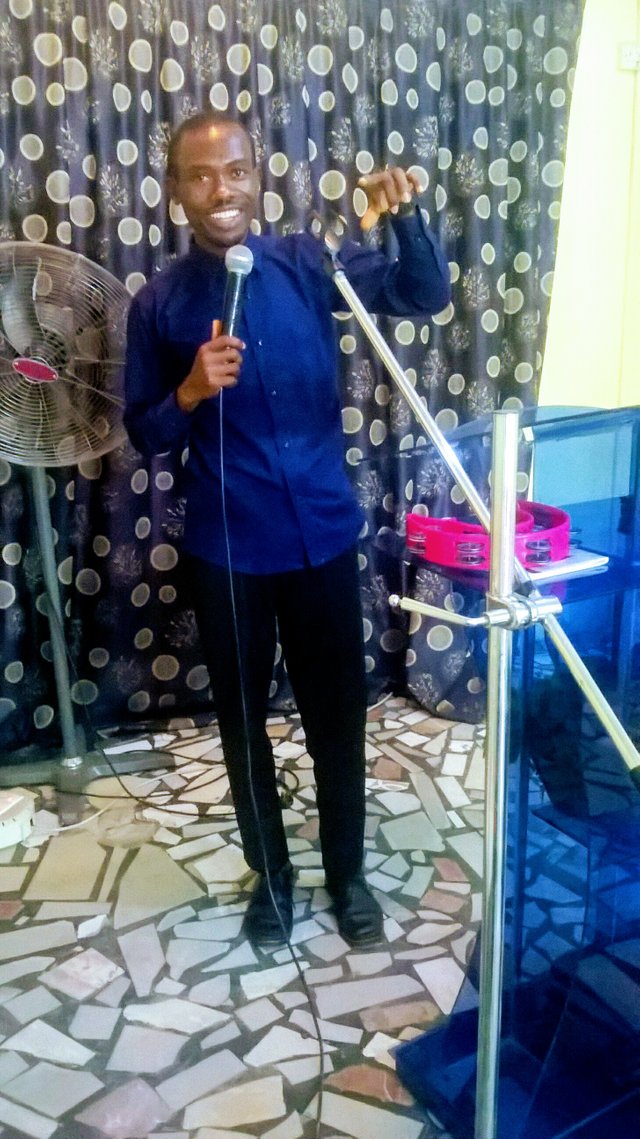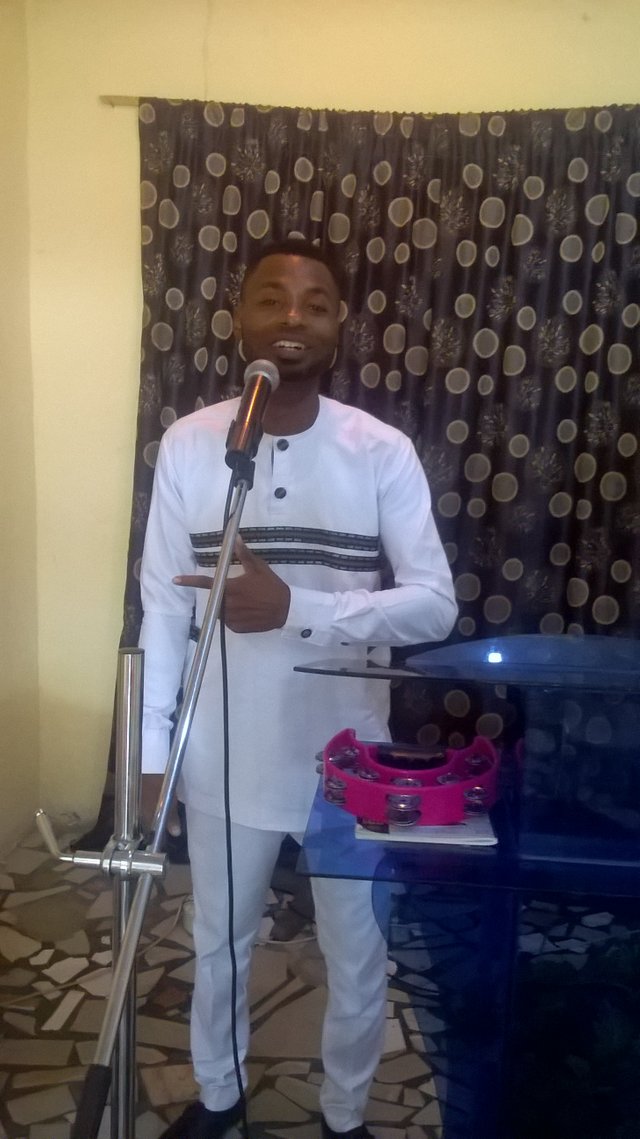- Music brings people together
Music creates social cohesion, it speaks to all when words can fail, and wherever you go in the world, it is understood. Music is a universal gift and its power to connect people is without question. It is an art form with human interaction at its centre.
As I write this, I am travelling to Sweden to create music with some young people who have profound mental and learning disabilities. Regardless of the geography and lack of verbal communication, we will communicate, create and celebrate through sound and music.
Music has the ability to bring people together by the instruments they play, a shared interest in a particular style of music and who doesn’t love the spine-tingling sounds of a huge orchestral crescendo? We all have been known to move our feet irresistibly to the rhythm of a drum beat or singing our hearts out to encourage our favourite sports team.
- Music can improve confidence and resilience
In a digital age where many services and products are instantly available with the click of a button, learning a musical instrument provides a platform for people to achieve through discipline and perseverance. There are many skills required in order to learn how to play a musical instrument: technique; reading music; expression; listening; and as you continue to perfect these skills, you build resilience.
Similarly, as a member of an ensemble you will develop strong team work and leadership skills, and a real sense of achievement and pride when performing/mastering difficult passages of music, all of which come together to build confidence. These are not only skills required to learn music but important life skills that can also be used in employment and your wider social life.

